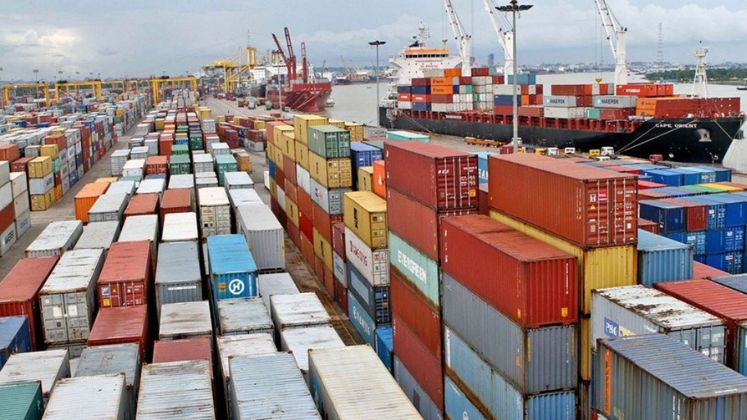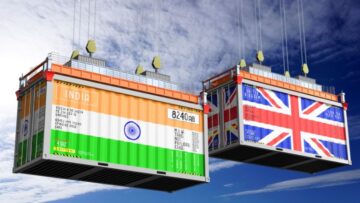
The Chittagong Port Authority is contemplating a substantial increase in cargo handling tariffs, proposing rises between 70 per cent and 100 per cent. The move comes at a time when inflation is already straining household budgets across Bangladesh and could have far-reaching implications for the nation’s economy.
During a meeting at the Ministry of Shipping, officials discussed the long-overdue tariff adjustments, with the shipping adviser urging for a final decision by the end of June. Stakeholders, including importers, exporters, and industry representatives, have been invited to submit written feedback in anticipation of a key meeting later this month.
The proposed tariff hike has sparked concern among business leaders and economists, who warn that it may lead to higher prices for essential goods, including food and manufactured products, thereby intensifying consumer hardship.
Nasir Uddin, the port’s chief personnel officer and spokesperson, defended the proposal, emphasizing that tariffs have not been revised since 1986. “This increase is overdue,” he stated. “It aims to cover rising operational costs and improve port services.” The adjustment would affect nearly 50 services, such as port dues, berthing fees, forklift charges, and utility expenses. While minor updates were made in FY08, most tariffs have remained frozen for decades.
For example, handling a standard 20-foot container (TEU), which involves unloading and releasing cargo, currently costs importers around Taka 15,000 (US $ 123). Under the proposed plan, this fee could rise to between Taka 25,000 (US $ 205) and Taka 30,000 (US $ 245).
Officials also highlighted that Chittagong’s fees are significantly lower than regional competitors, unloading a TEU costs approximately US $ 100 in Colombo, US $ 75 in Singapore, and just US $ 43.40 at Chittagong.
Despite the port’s strong financial performance, revenue reaching Taka 5,055 crore (US $ 430 million) in 2024, a 21 per cent increase from the previous year, and surpluses rising 37 per cent to Taka 2,948 crore (SU $ 250 million), authorities cite escalating operational costs as justification for the tariff hike.
Importers warn that the proposed tariffs would exacerbate existing challenges. Mohammad Akter Hossain, managing director of Rashed Brothers, pointed out that port storage rents have quadrupled recently. He also noted that customs delays often leave containers stranded for 10-15 days, adding daily fees of $48 per container, further squeezing margins.
Exporters, especially in the garment sector, which accounts for over 80 per cent of Bangladesh’s exports, are also apprehensive. Belayet Hossain, a former BGMEA director, advocated for a phased approach, suggesting that a 10-20% increase would be manageable.
Chittagong Port handles approximately 93 per cent of Bangladesh’s trade, serving as a vital hub for imports of essentials such as wheat, edible oil, and industrial machinery. A sharp tariff hike could disrupt supply chains, fuel food inflation, and burden low- and middle-income families.
Economist Anu Muhammad cautioned against such a move, warning it could worsen inflation. As discussions continue, the government and port authorities face the challenge of balancing operational needs with the economic realities faced by businesses and consumers nationwide.






